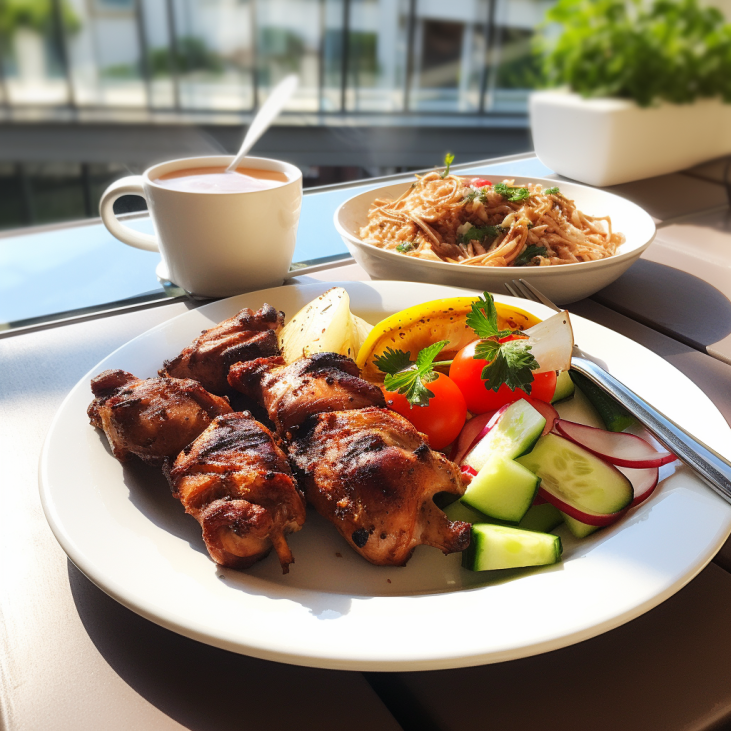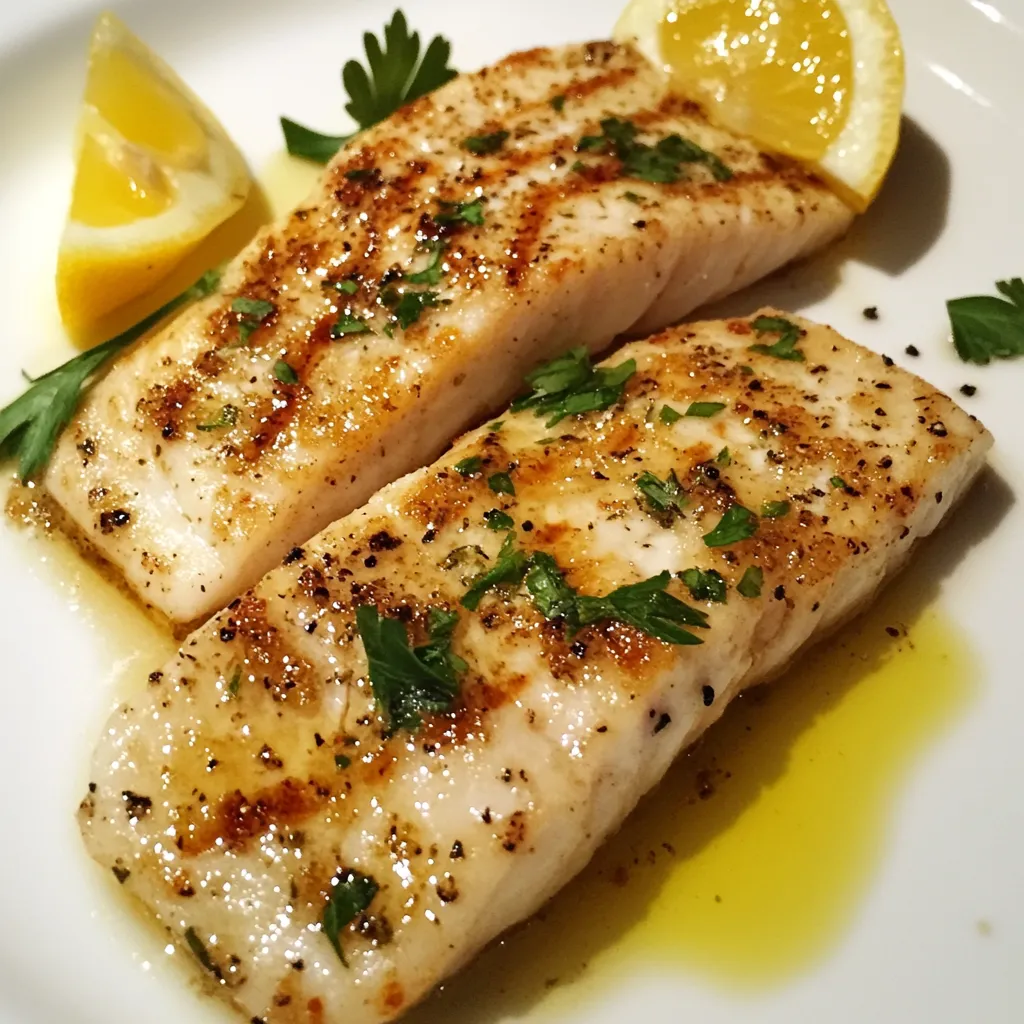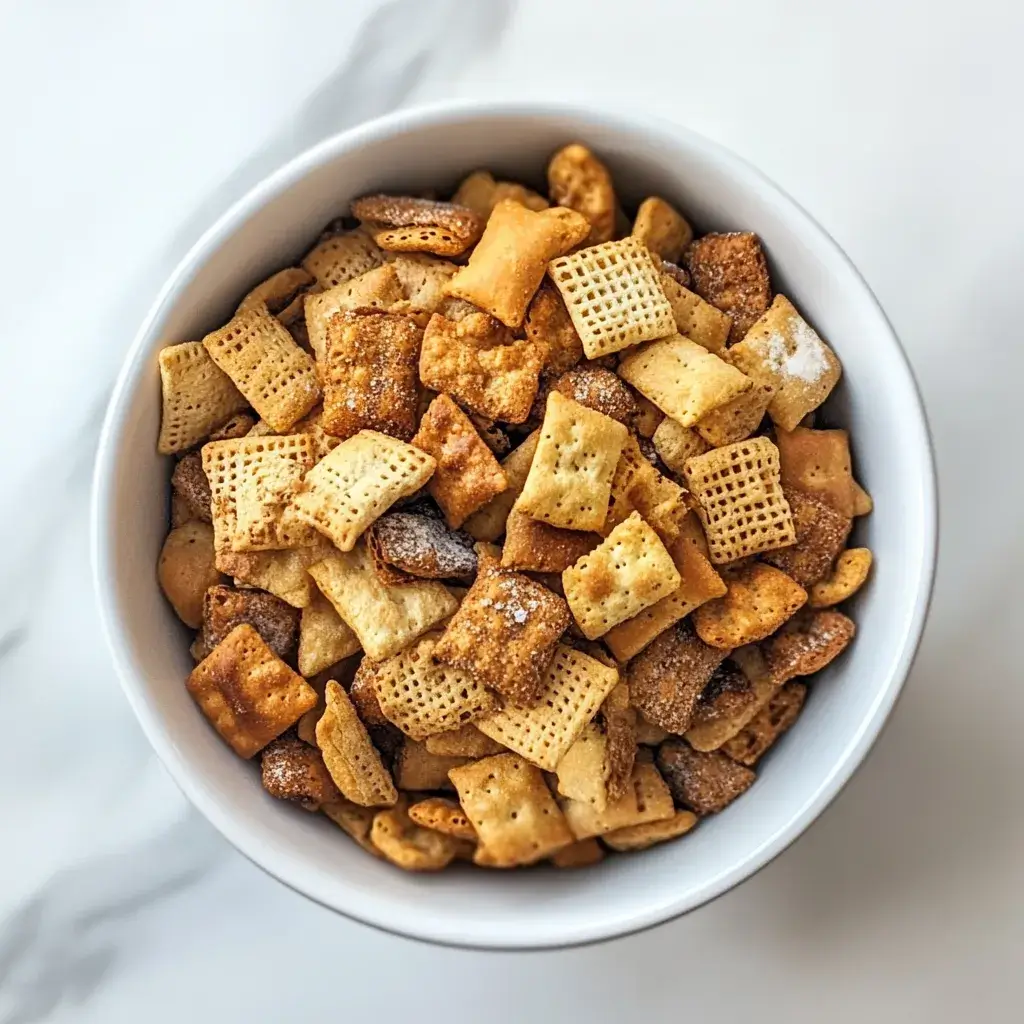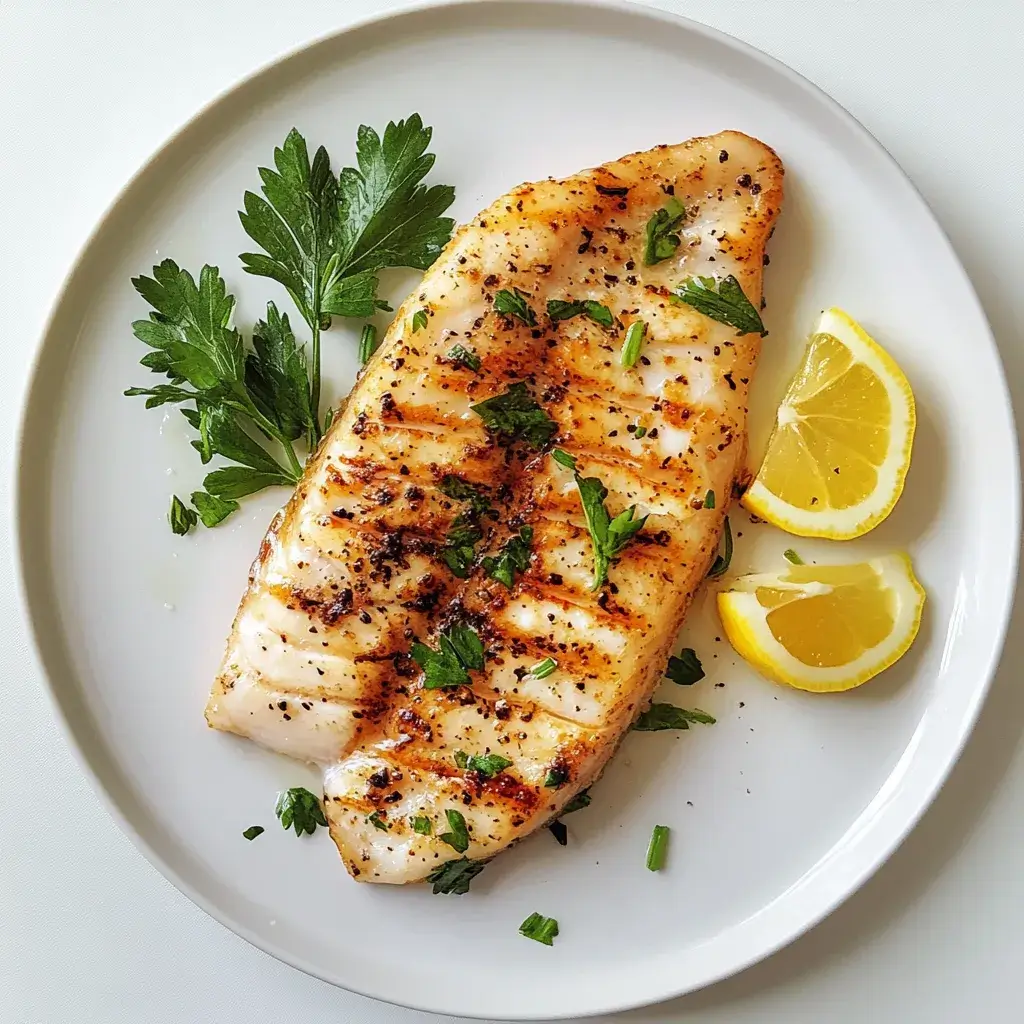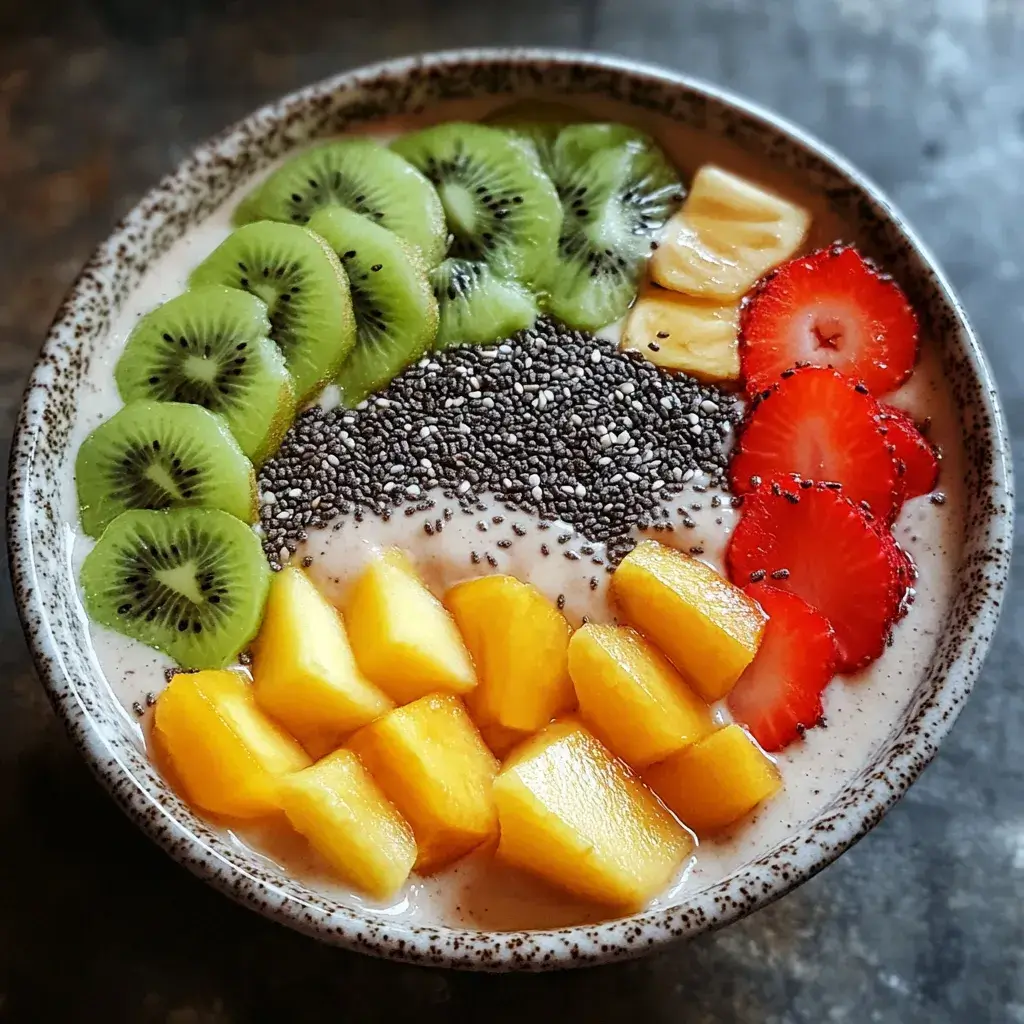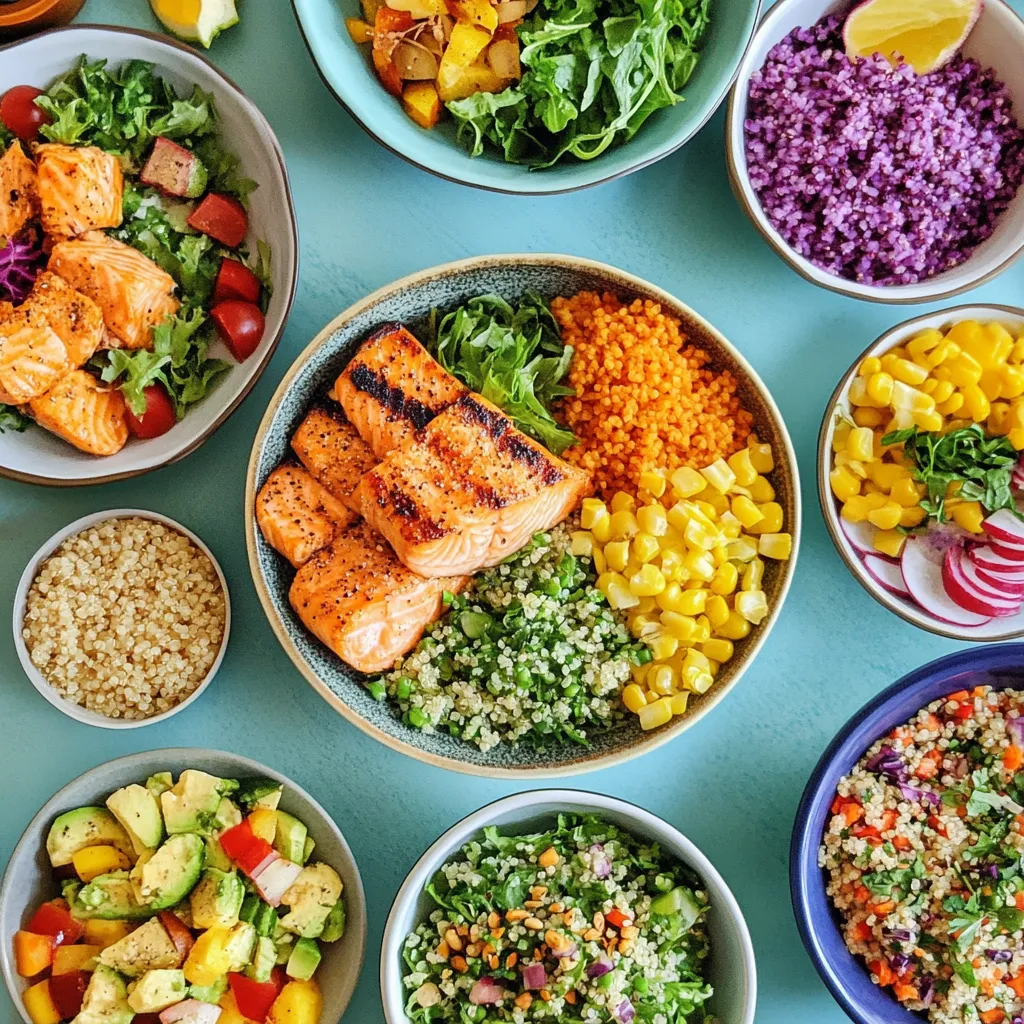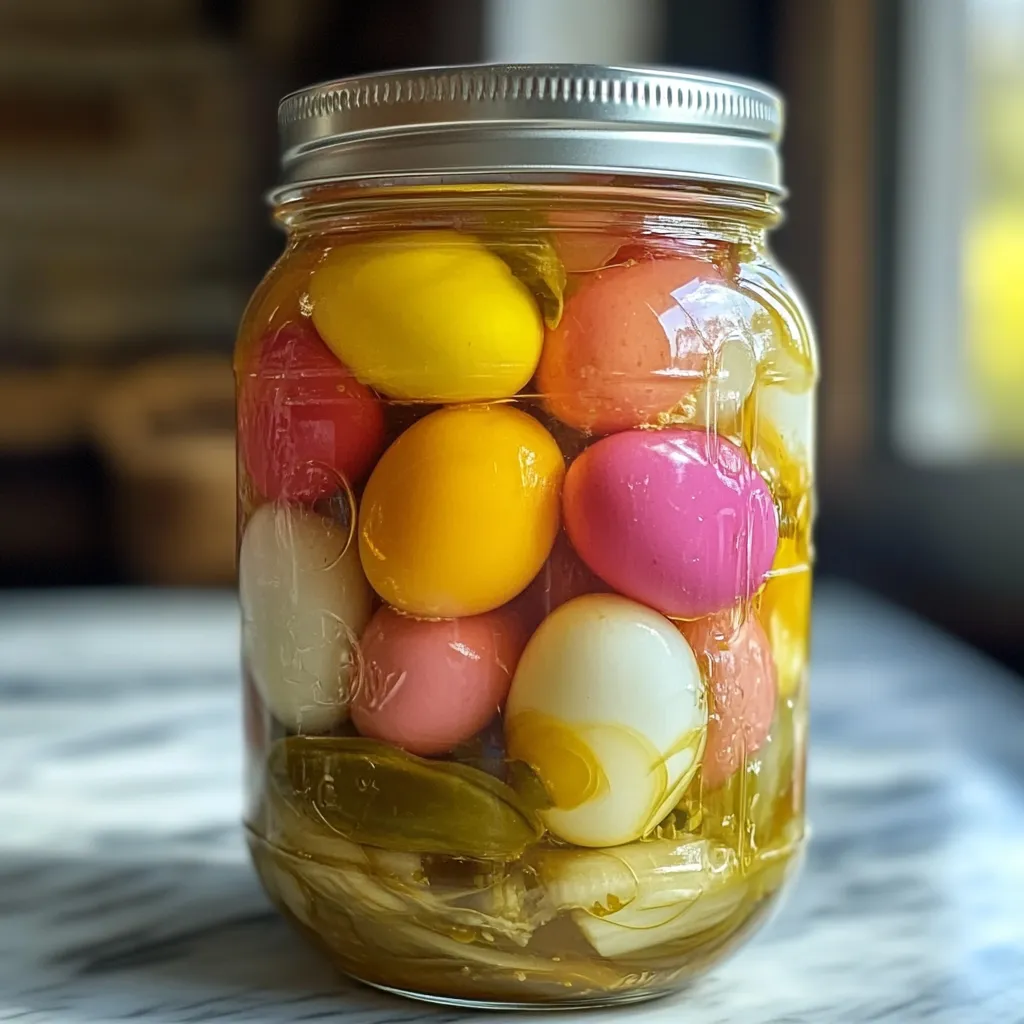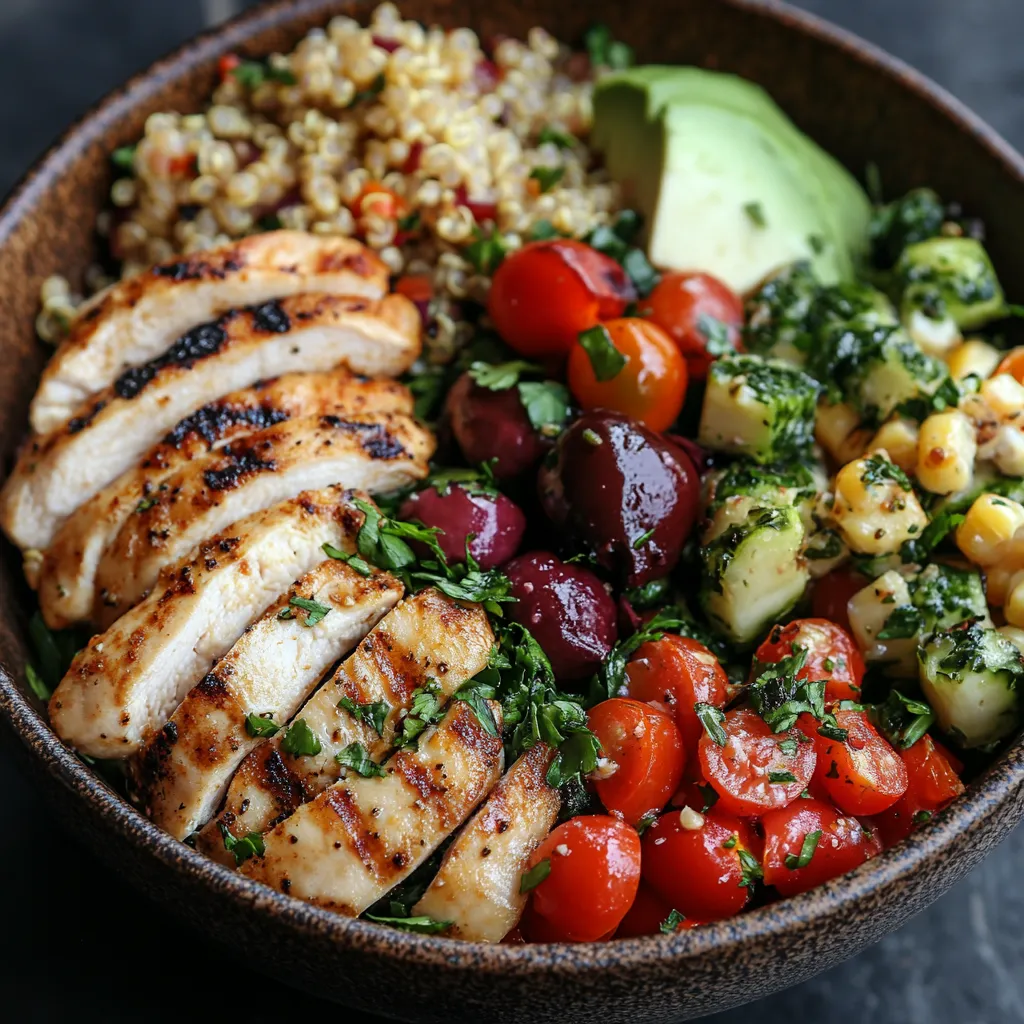Curry is a beloved dish worldwide, offering rich, bold flavors and diverse options to suit any palate. But with so many variations of curry out there, you may wonder: what is the healthiest curry dish? In this article, we’ll explore the healthiest curry options, their benefits, and tips for making them even more nutritious. Whether you’re a fan of vegetarian, meat-based, or seafood curries, you’ll find something that suits your dietary needs and health goals.
Table des matières
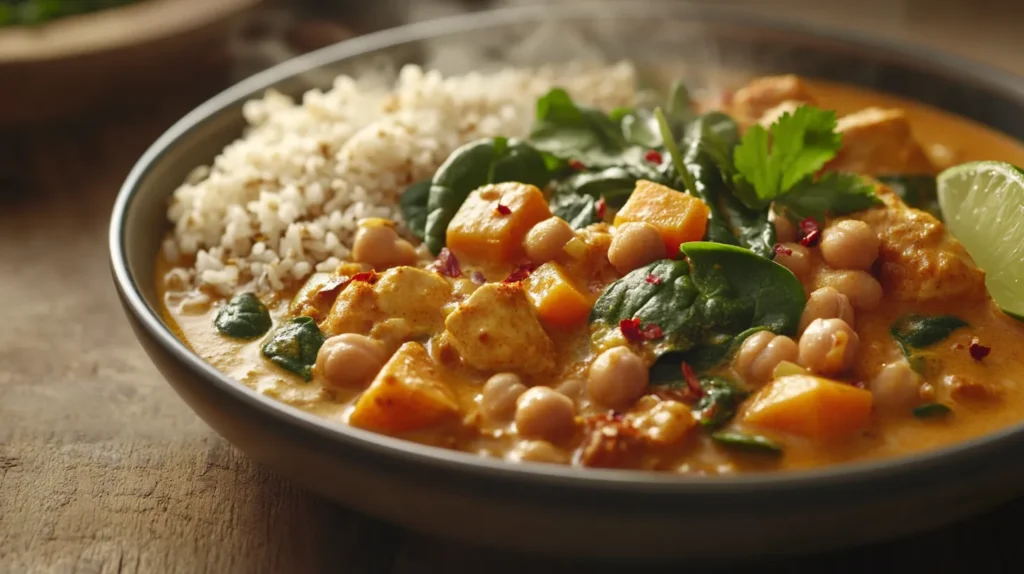
Understanding the Healthiest Curry Dish
Curry dishes are as varied as the cultures they come from, with each region offering a unique take on this flavorful dish. The foundation of curry often lies in a base of spices, herbs, and sauces, but the ingredients can range from vegetables to proteins and legumes. When you choose the right ingredients and preparation methods, curry can be a nutritious and low-calorie option.
What Makes the Healthiest Curry Dish Healthy?
When preparing a healthy curry, it’s important to choose ingredients that are both nutrient-dense and low in fat and calories. A healthy curry is typically made with lean proteins, a variety of vegetables, and healthy fats like coconut oil or olive oil.
Using plant-based ingredients or lean meat like chicken or turkey ensures your curry remains high in protein and fiber while keeping the fat content in check. For instance, vegetable curries provide vitamins, minerals, and fiber from vegetables like spinach, cauliflower, and sweet potatoes, while lean protein curries are rich in amino acids, promoting muscle health.
Vegetable curries offer the benefit of plant-based nutrition that’s not only filling but also rich in antioxidants, which help reduce inflammation. Similarly, lean protein curries, like chicken or turkey, support muscle growth and recovery without excessive fat.
For some great vegetable curry ideas, you can check out the World Cancer Research Fund for nutritious recipes.
Key Ingredients for the Healthiest Curry Dish
Curry is often made with a variety of ingredients, many of which have their own health benefits. Here are some key ingredients to consider when aiming to create a healthy curry:
- Turmeric: Known for its anti-inflammatory properties, turmeric is a key ingredient in many curries. It’s also rich in antioxidants, which help fight free radicals in the body.
- Cumin: Often used in curry dishes, cumin aids in digestion and has antioxidant and anti-inflammatory properties.
- Ginger and Garlic: These two ingredients are packed with health benefits, from boosting immunity to improving digestion.
- Coconut Milk: While creamy, coconut milk is also a source of healthy fats, which can help lower cholesterol levels when used in moderation.
Cooking Methods for the Healthiest Curry Dish
The way you prepare your curry can impact its nutritional profile. Opt for methods like sautéing, steaming, or baking instead of frying. This can help cut down on unnecessary calories while maintaining the dish’s flavor. Additionally, use low-fat yogurt or coconut milk instead of heavy cream to create a creamier, healthier curry. By making small changes like these, you can easily transform a traditional curry into a healthy option.
The Healthiest Curry Dishes You Can Prepare at Home
Now that we’ve covered the basics, let’s explore some of the healthiest curry dishes you can prepare at home. These curries not only offer great flavors but also pack a nutritional punch, helping you achieve your health and fitness goals.
1. Vegetable-Based Curries: A Nutritious Choice for Health
Vegetable curries are a fantastic option for those looking for a low-calorie and nutrient-rich meal. These curries are typically full of fiber, vitamins, and minerals, making them great for digestion and overall health. The inclusion of vegetables like spinach, sweet potatoes, and cauliflower adds a variety of essential nutrients.
Healthy examples of vegetable-based curries include:
- Chickpea and Spinach Curry: Packed with fiber and protein, this dish is both filling and nutritious. Chickpeas are a great source of plant-based protein, while spinach provides iron, vitamin A, and vitamin K.
- Butternut Squash and Chickpea Curry: This dish combines the sweetness of butternut squash with the hearty, nutty flavor of chickpeas. It’s a fiber-rich meal that also offers a dose of vitamin C and antioxidants.
For more vegetable curry recipes, you can check out the full collection on World Cancer Research Fund.
2. Lean Protein Curries: Healthy and Filling
When preparing a healthy curry, lean proteins such as chicken, turkey, or tofu provide essential amino acids without adding excess fat. These proteins are also lower in calories compared to red meats, making them a better option for weight management.
Healthy examples of lean protein curries include:
- Chicken Korma: Traditionally made with cream, a lighter version of chicken korma can be made using low-fat yogurt or coconut milk, reducing its calorie content while maintaining its rich flavor.
- Healthy Chicken Curry: This dish is loaded with lean chicken breast, which provides high-quality protein and vitamins B6 and B12. It’s a low-fat alternative to heavier meat-based curries.
For more healthy chicken curry recipes, check out Olive Magazine.
Tips for Preparing the Healthiest Curry Dish at Home
To make the healthiest curry possible, it’s essential to start with fresh, high-quality ingredients. Here are some tips to elevate your curry game:
Tips for Cooking Healthy Curries
- Choose fresh vegetables: Fresh vegetables retain more nutrients than their frozen counterparts. Try adding a mix of leafy greens, cruciferous vegetables, and root vegetables.
- Use healthy oils: Opt for olive oil or coconut oil, which are rich in healthy fats.
- Control portion sizes: While curry is a nutrient-dense dish, portion control is key to keeping calories in check.
Pairing Healthy Curries with Complementary Sides
To make a well-rounded meal, consider pairing your curry with healthy sides such as:
- Brown rice or quinoa: These grains are fiber-rich and provide complex carbohydrates that help keep you full for longer.
- Roasted vegetables: Roasting vegetables like cauliflower, carrots, and bell peppers adds flavor and increases their nutrient density.
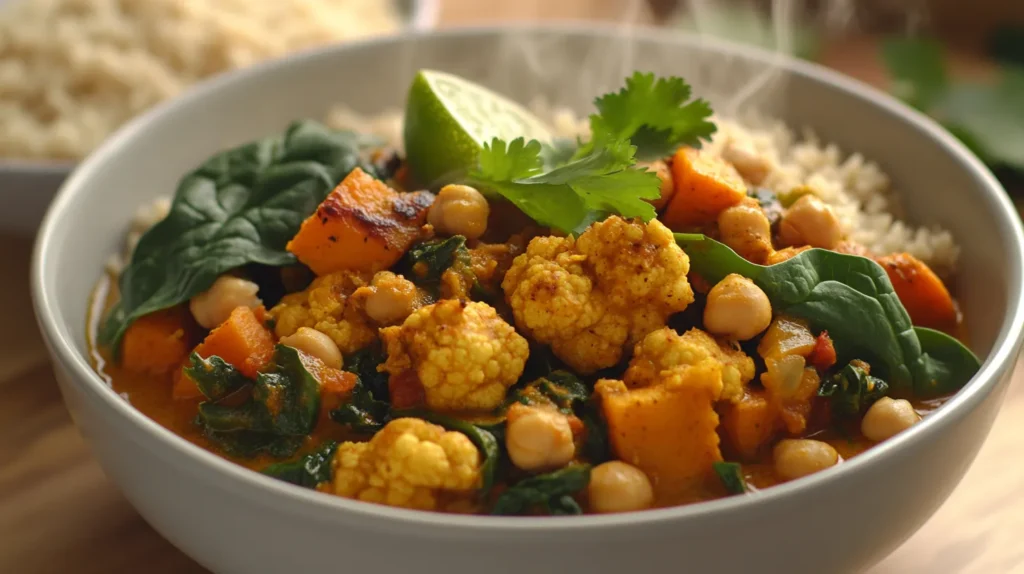
FAQs About the Healthiest Curry Dish
What makes a curry dish healthy?
A curry dish is considered healthy when it’s made with nutrient-dense ingredients like vegetables, lean proteins, and heart-healthy fats. Cooking methods like steaming or sautéing, rather than frying, also play a key role in maintaining its healthfulness.
Are vegetarian curries healthier than meat-based ones?
Vegetarian curries can be healthier because they are typically lower in fat and calories. Plant-based curries are rich in fiber, antioxidants, and vitamins, which are essential for good health. However, meat-based curries with lean proteins can also be part of a healthy diet when prepared with fresh ingredients and minimal added fats.
How can I reduce the calorie content of my curry?
To reduce calories in curry, opt for lighter ingredients like low-fat yogurt or coconut milk instead of cream. Also, using less oil and reducing the sugar content in your curry base can help lower the calorie count without sacrificing flavor.
What are some low-fat curry options?
Some low-fat curry options include vegetable-based curries made with a variety of non-starchy vegetables. Chicken curry made with lean cuts of meat and lightened with low-fat coconut milk or yogurt is another great low-fat choice.
Can curries be part of a weight loss diet?
Yes, curries can be part of a weight loss diet if prepared with the right ingredients. Use lean proteins, plenty of vegetables, and minimal oil or cream. Pair your curry with healthy sides like quinoa or brown rice to keep the meal balanced and satisfying.
By following the tips and recipe suggestions in this guide, you can enjoy healthy and delicious curry dishes that align with your health and fitness goals. Whether you prefer vegetarian curries, lean protein options, or seafood-based dishes, there’s a healthy curry for every palate.
If you’re interested in learning more about meal prepping, check out our https://nutrientsrecipes.com
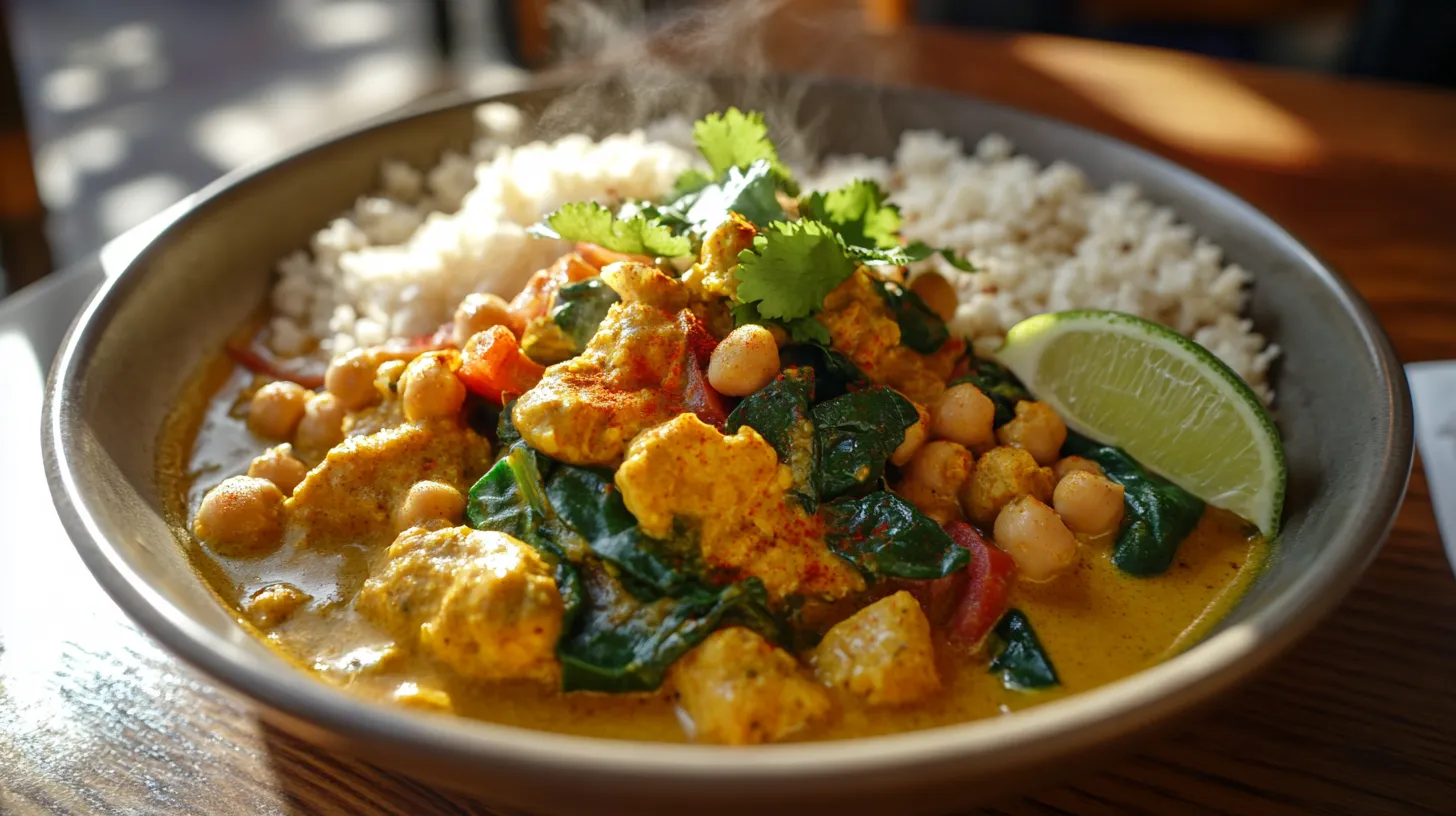

 the secret to a healthier life, is on your plate
the secret to a healthier life, is on your plate 
